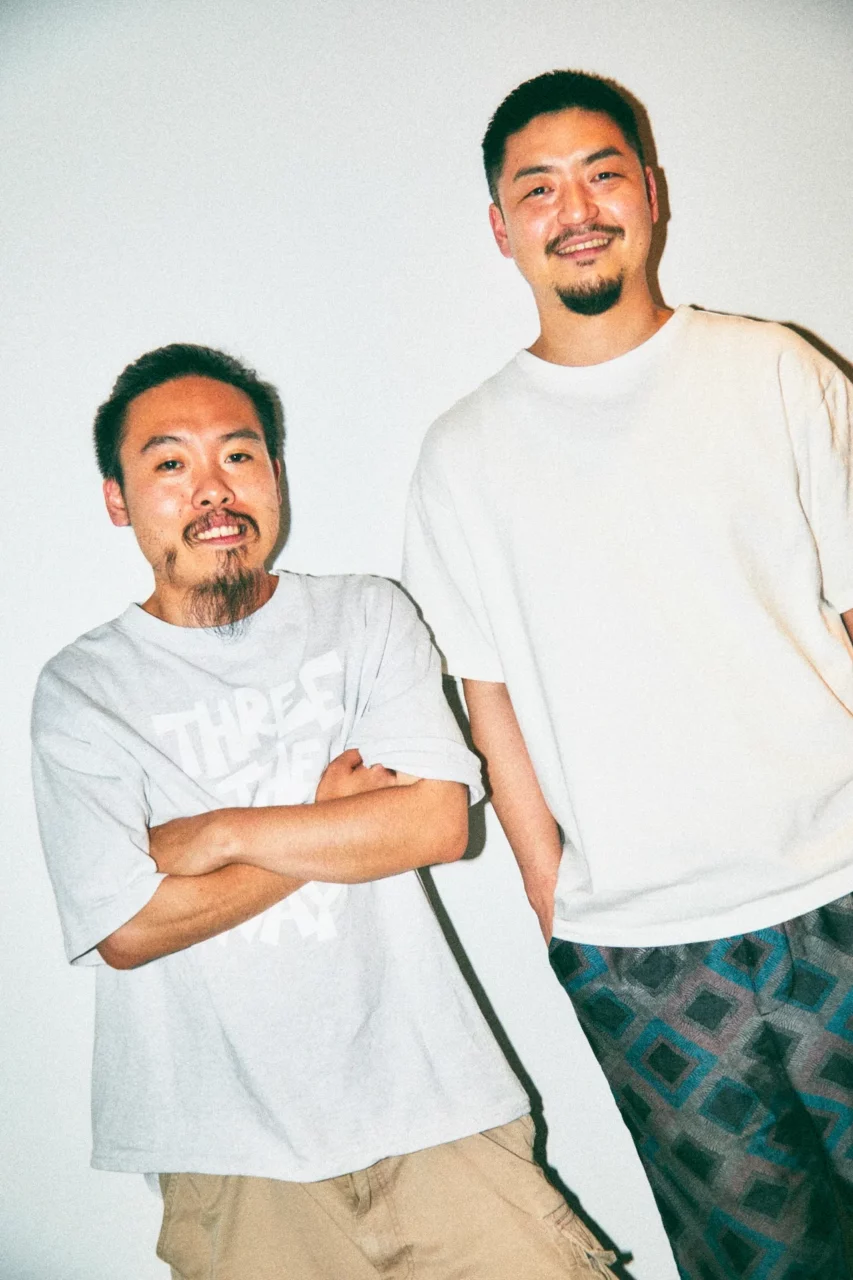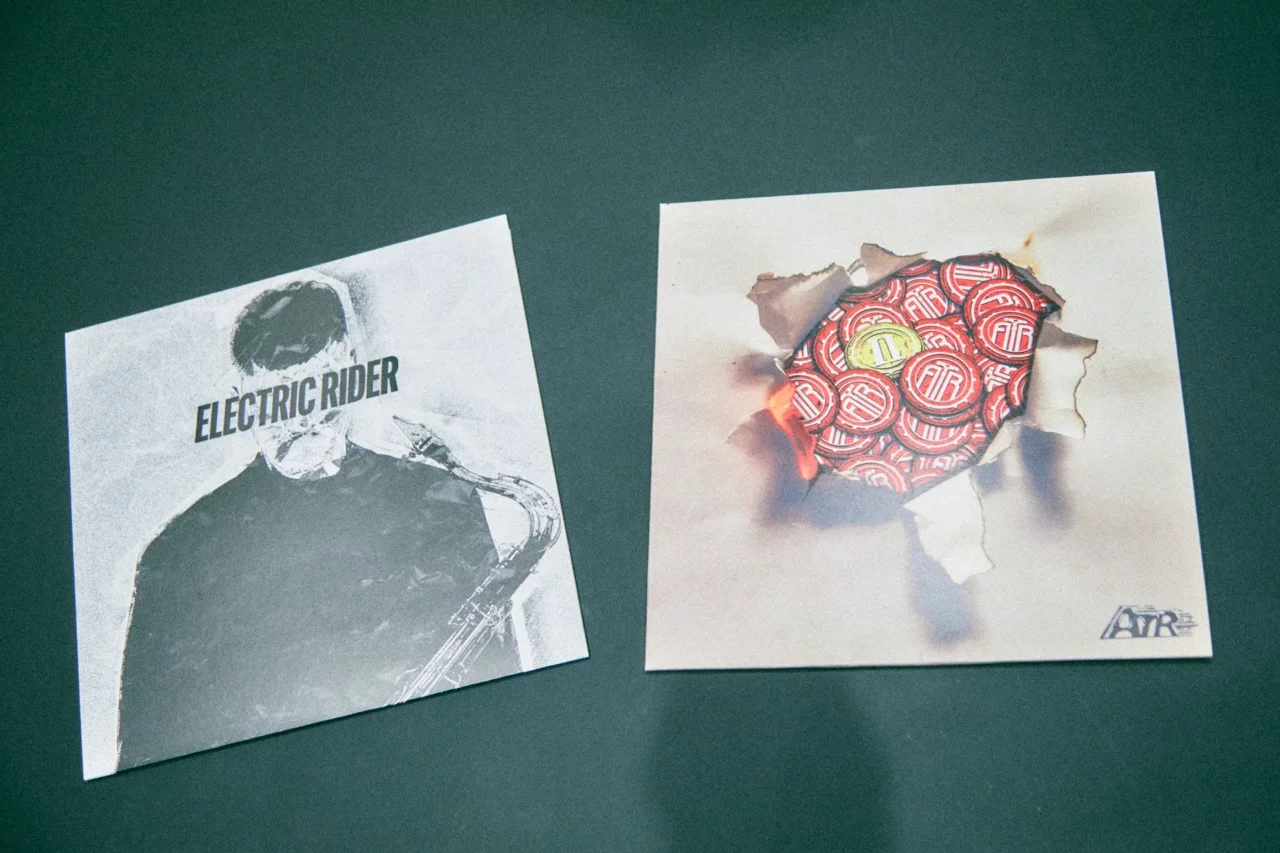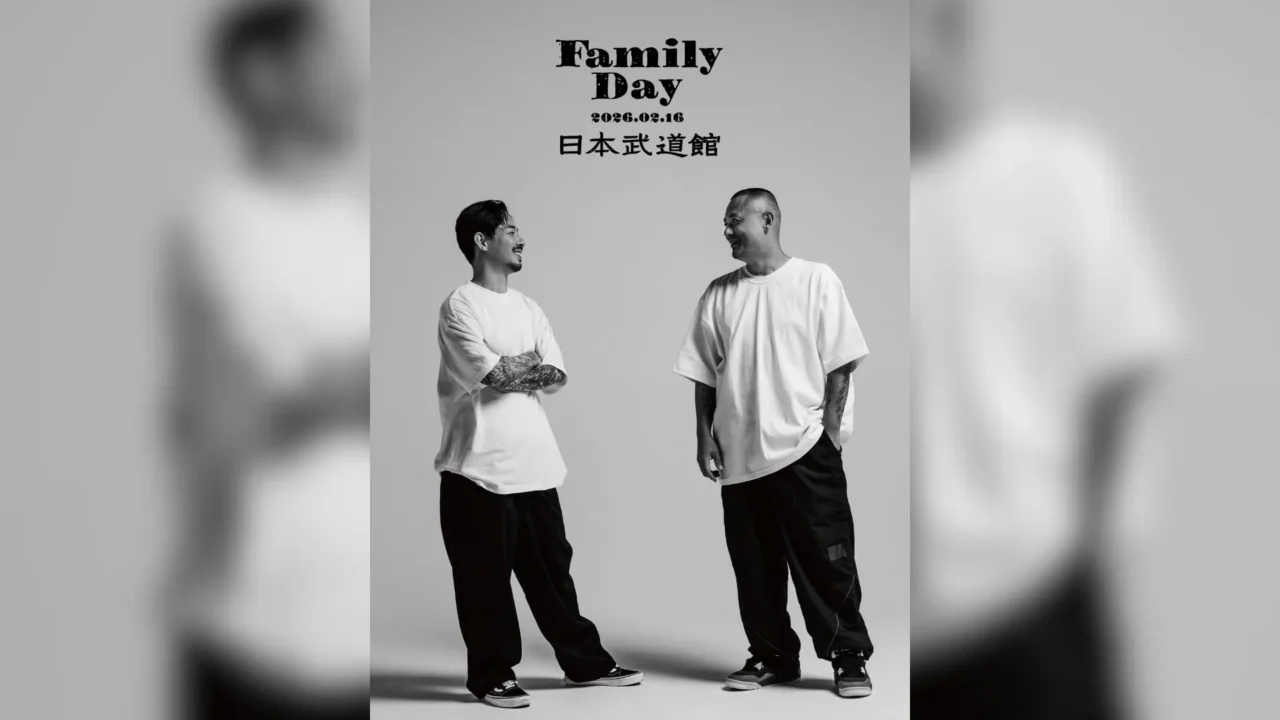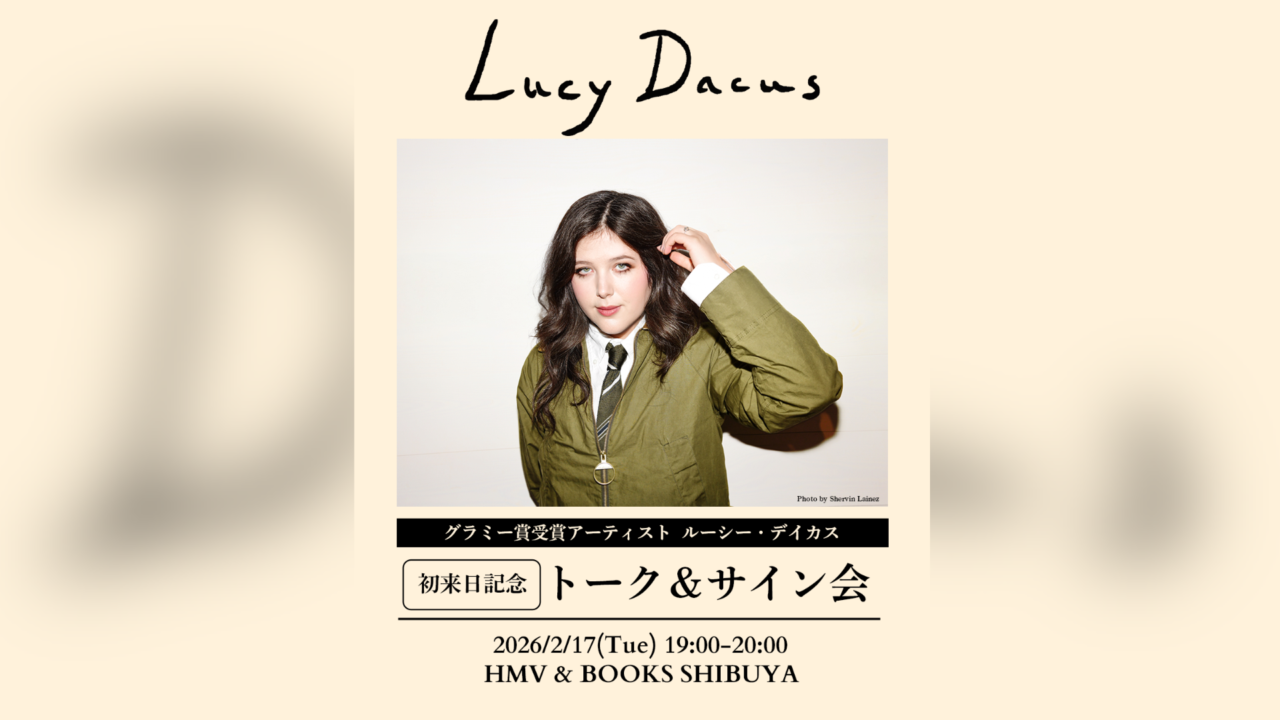INDEX
A Vision for the Next Generation
Ishiwaka: This album is outstanding. It’s really good.
Baba: Thank you! (blushing).

Ishiwaka: This album has various spaces within each track; sounds resonate from different places, and you can visualize different sceneries. It allows you to trip while listening. It brought back the shock I felt as a kid when I first heard new jazz releases and thought, “This is cool!”
Baba: It’s been about four years since I returned to Japan, and I’ve had more opportunities to perform in larger venues with bigger speakers—places where I started to wonder what kind of sound would engage the audience. Participating in Lewis Cole’s big band was a significant experience. Playing at his live shows led to the discovery of what styles get the audience hyped. To engage the audience with instrumental music, you have to consider where to build up, where to pull back, and where to create breaks. It’s similar to how a DJ thinks about song structure.
Ishiwaka: I don’t think there’s a sound like this anywhere in the world. Despite being an album led by a tenor saxophonist, it has a soundscape that hasn’t existed before.
Over time, the image of jazz has become solidified, but it’s originally modern and exciting dance music. Perhaps when bebop first emerged, it also shocked the world as a new genre.
Ishiwaka: Exactly. I think the impact of this album (“ELECTRIC RIDER”) is quite similar.
Baba: I believe the new work from Answer to Remember really captures the chaotic essence of Tokyo. It’s music that only someone like Shun, who has been active in Tokyo, could create. I don’t think there are any musicians like this in New York, and I believe it’s an album that any musician from any genre would find interesting.

In recent years, unique musicians who blend jazz with various music styles have emerged on the West Coast of the United States and in London. Listening to your new works shows that the jazz scene in Tokyo is also becoming exciting.
Ishiwaka: I feel that what we’ve been doing up to now hasn’t been wrong. This year, we were able to release these two albums, and the fact that we could create them with our friends feels significant. I think it connects to the next generation. What’s important now is to think carefully about, “What kind of works should we create next?” and to keep producing interesting projects.
Baba: With the release of ‘BLUE GIANT.’ I think we need to cherish the current situation where jazz is gaining attention. I want to introduce more talented Japanese jazz musicians to the international scene. To do that, each musician needs to be conscious of delivering high-quality works and performances, and we need to create an environment that nurtures young talent. It might be good to advocate for government grants or teach at places like jazz schools. I feel we’re at an age where we need to start thinking about these things.

So you’re having this conversation while drinking together, right? [laughs]
Baba: Yes! [laughs] When I first saw Hiromi Uehara about ten years ago, I remember thinking, “Wow, she’s the real deal!” At that time, I think Hiromi was about the same age as we are now. So I believe it’s important for us, as we release albums now, to consider what we will do in the future. Right now, I’m fully focused on my own activities, but I need to start thinking about how I can give back to the scene.
Ishiwaka: That’s so true. Wow, there have been a lot of moments today where I felt like I might cry! [laughs]
Baba: I never thought the day would come when I’d be doing an interview like this while drinking with you. Did you?
Ishiwaka: No, I never thought that! Let’s keep this incredibly passionate vibe going for another 50 years!



























